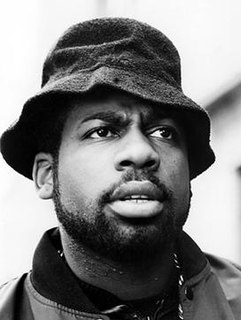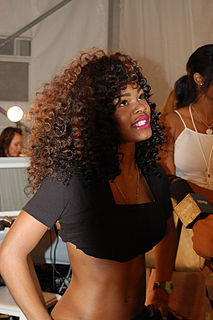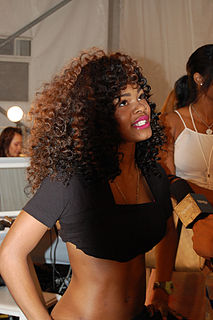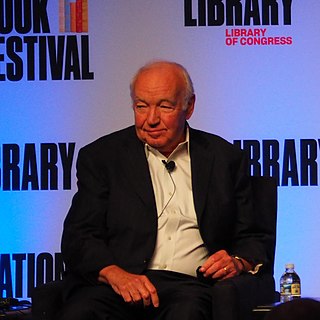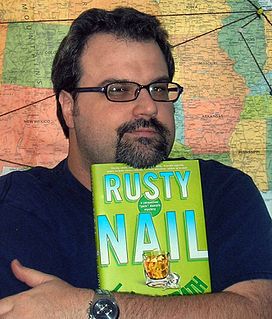A Quote by Jam Master Jay
Profile has half the publishing and they control and administer the publishing and distribute and own the records, so our group is a 10-point crew. But we got a lot of money off of the shows.
Related Quotes
Like a lot of small press founders I was looking for a way into publishing - as well as a way out of academia. Without moving to London, I couldn't see a way of working for a publishing house whose work I liked. Believe it or not, the simplest way for me to get into publishing was to start my own press.
In all the time I was with L.T.D., I was never allowed to do an interview by myself. I wasn't even allowed to talk on stage between songs. I couldn't get a publishing agreement or a production deal because everyone had their own little role to play in the group... and the money, well, anything split 10 ways can't be much.
Publishing is not evolving. Publishing is going away. Because the word "publishing" means a cadre of professionals who are taking on the incredible difficulty and complexity and expense of making something public. That's not a job anymore. That's a button. There's a button that says "publish," and when you press it, it's done.
There's a reason that so much good material is coming down to the small presses: it's difficult to turn a profit, all things considered. But you can't go into small press publishing and complain about the money. Our Little Island publishing just needs to survive. If we're still around in a few years - in vaguely the same shape as we are today - then, to me, that's success.
Don't wait for success, but for the respect and interest of those who read you. At the start it could be a classmate, someone who shares your interests. Before sending off the manuscript for a novel to a publishing house, it would be a good idea to try writing short stories, and publishing them in a local magazine.
